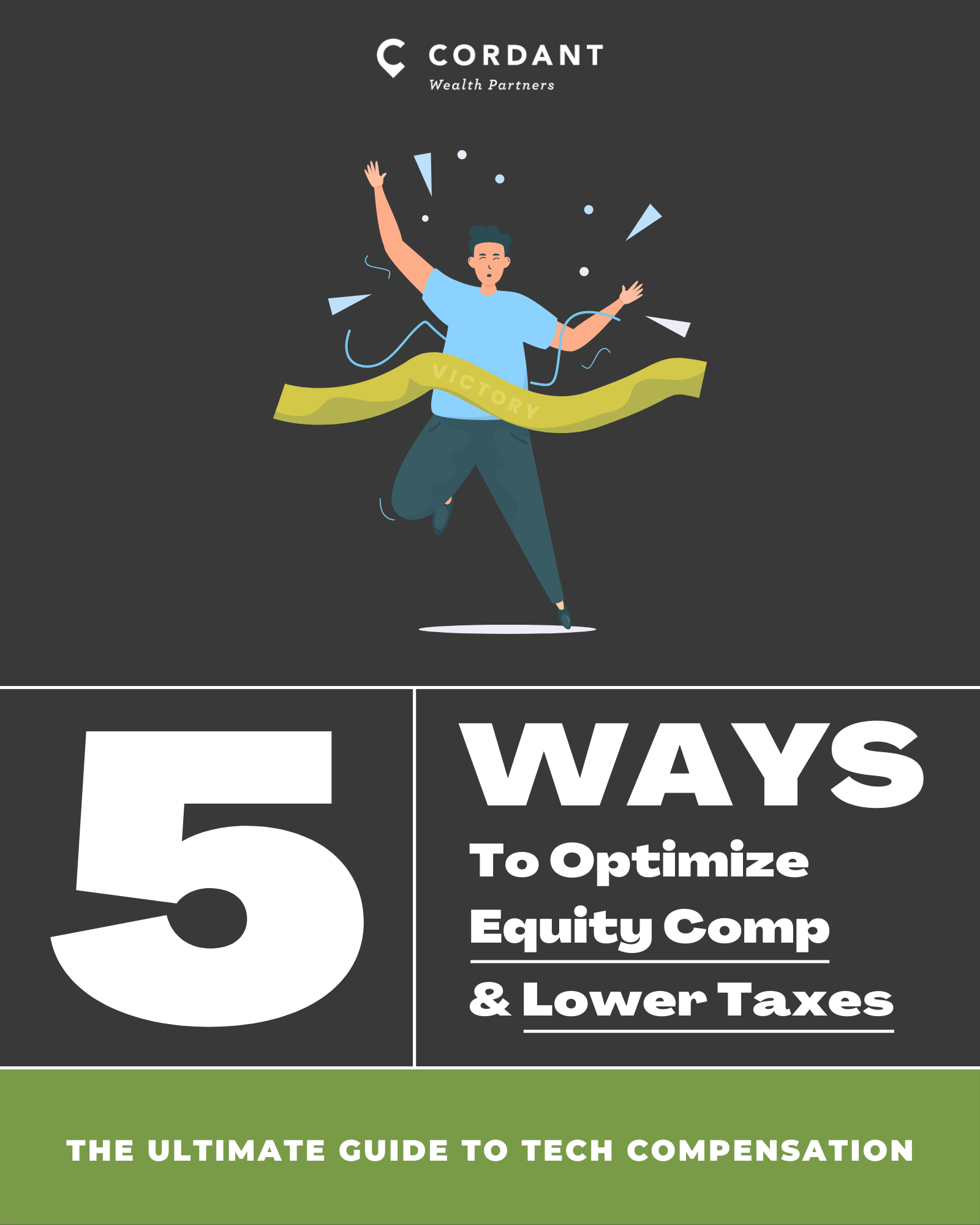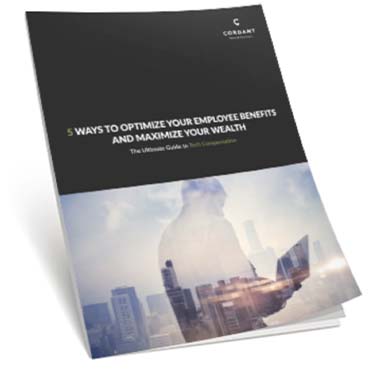Recently, on the Meb Faber Show, Gerstein Fisher’s Founder and CIO Gregg Fisher said the following:
Sometimes the best investment strategy isn’t the right investment strategy.
He continued:
Probably we’d all be well off if we bought nothing but small cap value stocks across the globe and held them all for the next fifty years. I would actually go on record as saying that fifty years from today when we look back, that probably will have been, if not the most, certainly of the most successful investment strategies that anyone could actually do. The problem is the volatility of that strategy is off the charts and most investors, unless they’re robots, won’t stick it out to see it through.
A smart strategy can be sound in theory, but if it doesn’t align with your objectives, risk tolerance, time horizon, etc., it isn’t going to be the best strategy for you in reality. In short, there is a difference between smart financial advice and what is smart financial advice for you.
Here are some examples:
When you’re young, smart financial advice is to save and invest as much as possible. But, if you’ve saddled yourself with high-interest credit card debt, paying if off before you start investing might be smart financial advice for you.
For those close to retirement, working as long as possible in order to earn more, save more, and reduce the number of years you are drawing on your portfolio is smart advice. But, if you have enough and you’d rather spend your most valuable resource (your time) elsewhere, retiring now might be smart financial advice for you.
A high risk investment strategy with the potential for outsized returns may in fact deliver high returns if the bet works out in your favor—making this seem like a pretty smart approach. But, if you’d rather not risk your financial future on a high risk “bet,” a more balanced approach is pretty smart financial advice for you.
Reducing your expenses is often appreciated as smart financial advice. Boilerplate financial plans are often created with the 4% rule in mind and expenses are sometimes trimmed to get to this number. However, the 4% rule is a lower threshold number—the minimum amount of spending a diversified portfolio would have supported over the historical record. In a lot of historical scenarios, the portfolio would have supported spending well in excess of this number. So, if you’ve earned good returns in retirement and additional spending on your family, on travel, on charity, etc. helps you get more out of life, increasing expenses might actually be smart financial advice for you.
Smart financial advice is often to eliminate debt, especially before one retires. However, sometimes maintaining debt or even taking on new debt increases your odds of achieving your financial goals and objectives, making a recommendation to maintain debt smart financial advice for you.
There is so much financial information out there, so much complexity to weed through, it’s no wonder people often default to the smart sounding rule of thumb. However, just like Gregg Fisher said, “Sometimes the best investment strategy isn’t the right investment strategy [for you].”
At Cordant, we believe that a focus and personalization is a requirement of delivering smart financial advice to clients. Our focus on current and former Intel employees allow us to build specialized and deep knowledge about their retirements plan, benefits packages, etc. But, the advice still needs to be personalized to each client situation. No two clients have the same financial goals, aims, wants and wishes despite their similarities. It’s this focus and personalization that allows us to give advice with an emphasis on what’s important to each client.
The best financial advice is smart, but that’s not enough. It also needs to be focused on you.
Click here for disclosures regarding information contained in blog postings.
Cordant, Inc. is not affiliated or associated with, or endorsed by, Intel.


